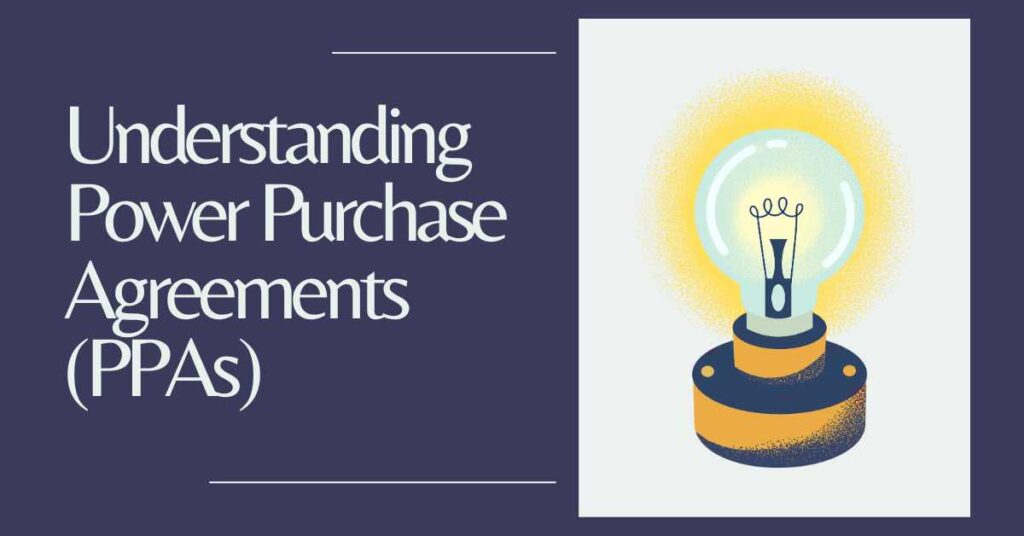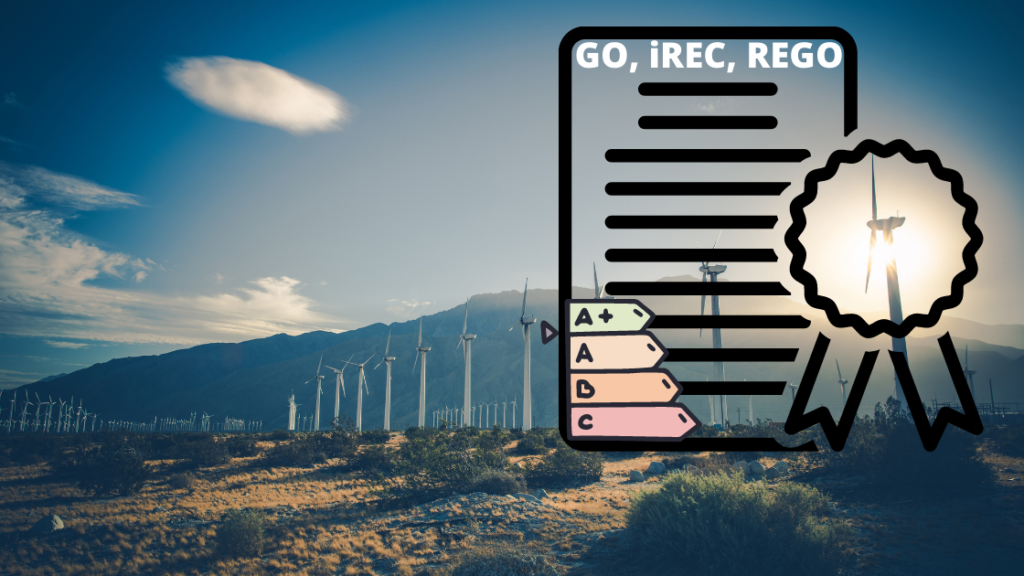European energy measures to tackle the rising energy bills
The rising energy bills led the European Commission to adopt a toolbox of special measures to tackle the rising energy bills Back in October 2021. The initial measures were supposed to last throughout winter 2021/22 but we already extended to June’22 or even later in some countries as the energy market prices remain high. The list of measures is below.
Immediate energy measures to protect consumers and businesses:
- Provide emergency income support for energy-poor consumers, for example through vouchers or partial bill payments, which can be supported with EU ETS revenues;
- Authorize temporary deferrals of bill payments;
- Put in place safeguards to avoid disconnections from the grid;
- Provide temporary, targeted reductions in taxation rates for vulnerable households;
- Provide aid to companies or industries, in line with EU state aid rules;
- Enhance international energy outreach to ensure the transparency, liquidity, and flexibility of international markets;
- Investigate possible anti-competitive behavior in the energy market and ask the European Securities and Markets Authority (ESMA) to further enhance monitoring of developments in the carbon market;
- Facilitate wider access to renewable power purchase agreements and support them via flanking measures.
Medium-term energy measures for a decarbonized and resilient energy system:
- Step up investments in renewables, renovations, and energy efficiency and speed up renewables auctions and permitting processes;
- Develop energy storage capacity to support the evolving renewables share, including batteries and hydrogen;
- Ask European energy regulators (ACER) to study the benefits and drawbacks of the existing electricity market design and propose recommendations to the Commission where relevant;
- Consider revising the security of supply regulation to ensure a better use and functioning of gas storage in Europe;
- Explore the potential benefits of a voluntary joint procurement by the Member States of gas stocks;
- Set up new cross-border regional gas risk groups to analyze risks and advise the Member States on the design of their national preventive and emergency action plans;
- Boost the role of consumers in the energy market by empowering them to choose and change suppliers, generate their own electricity, and join energy communities.
Please note that European leaders are set to consider potential additional EU-wide measures, such as electricity or gas price ceilings, which have been proposed by several nations, such as Spain and Portugal.
GERMANY
Germany has approved tax relief measures to help people cope with rising energy bills. The most important piece of news is that the German government has passed a draft law that, as of July 1, 2022, will eliminate the renewables fee that consumers pay with their electricity bills (EEG tax). The elimination of the tax will result in a significant reduction in annual electricity bills. Consumers, for example, pay a tax of 37.2 EUR/MWh this year, compared to 65 EUR/MWh in 2021. With the EEG tax removal, an average consumer will see about -40% reduction in their regulated electricity bill charges, making around 80% of the final electricity bill in Germany.
The EEG-levy was first enacted in 2000 to fund the expansion of renewable energy in Germany and to compensate electricity producers for the gap between market pricing and market premium paid to renewable producers.
ITALY
Italy last week approved a new package to help consumers and firms cope with surging energy costs. This package comes on top of the first electricity cost reduction measures introduced in July 2021. The measures are taken by the Italian Government to reduce the costs of bills in Italy concern mainly Grid Costs. These interventions are always made on a quarterly level and updated from time to time. The measures of the grid costs reduction are currently in place until June 2022.
The regulated electricity system costs and taxes make up about 60% of a bill in Italy. With the current measures in place, the reduction of regulated costs is >30% vs before July 2021 period.
However, in order to finance this support scheme, Italy will impose a windfall profit tax of 10% on some energy companies to the support package of measures to protect consumers and businesses from soaring energy prices. The levy will be calculated on the increase in profit that energy companies reported between October 2021 and March 2022, compared with the same period the previous year. Companies that report an increase of 5 million euros or more will face the 10% levy.
SPAIN
Since June 2021, Spain has introduced several measures to reduce a consumer electricity bill, originally planning to maintain the lower rates until the end of last year, but has since decided to keep them lower until end-June 2022. The impact on an average electricity bill is rather martial as regulated gird charges, taxes and levies make up about 50% of the bill. With these new measures, regulated costs were cut almost in half in Spain.
- The temporary reduction in VAT on domestic electricity from 21% to 10% for consumers with a contracted power of up to 10 kW and as long as the price in the wholesale market is higher than 45 EUR/MWh.
- The reduction of a special tax on electricity (IEE) from the rate of 5.113% to 0.5%
- Temporary suspension of the IVPEE Generation Tax, from 07/01/2021
- The reduction of grid system charges and power capacity charges. They go to nearly 0 €/MWh
In the addition, Spain and Portugal will both propose to Brussels this week a package of emergency measures, including a price cap on natural gas of 30 EUR/MWh, in a bid to reduce the impact of energy prices on families and companies. Such a cap would significantly reduce the price of electricity on the wholesale market in both countries.
If you wish to learn more about the European energy market crisis, please check my previous article here.








